Each year, September 30 marks the National Day for Truth and Reconciliation.
The day honours the children who never returned home and Survivors of residential schools, as well as their families and communities. Public commemoration of the tragic and painful history and ongoing impacts of residential schools is a vital component of the reconciliation process.
Both the National Day for Truth and Reconciliation and Orange Shirt Day take place on September 30.
Orange Shirt Day is an Indigenous-led grassroots commemorative day intended to raise awareness of the individual, family and community inter-generational impacts of residential schools, and to promote the concept of “Every Child Matters”. The orange shirt is a symbol of the stripping away of culture, freedom and self-esteem experienced by Indigenous children over generations.
On September 30, we encourage all Canadians to wear orange to honour the thousands of Survivors of residential schools.
Here are thoughts from CFNR staff about Truth and Reconciliation Day:
In honour of Orange Shirt Day, September 30th, a day of truth and reconciliation, we here at Canada’s First Nations Radio wanted to share what this day meant to us as an Indigenous organization, as many of us are either the children or grandchildren of residential school survivors. Please take a moment to listen and reflect on this very important day.
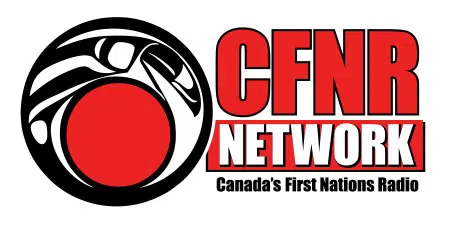
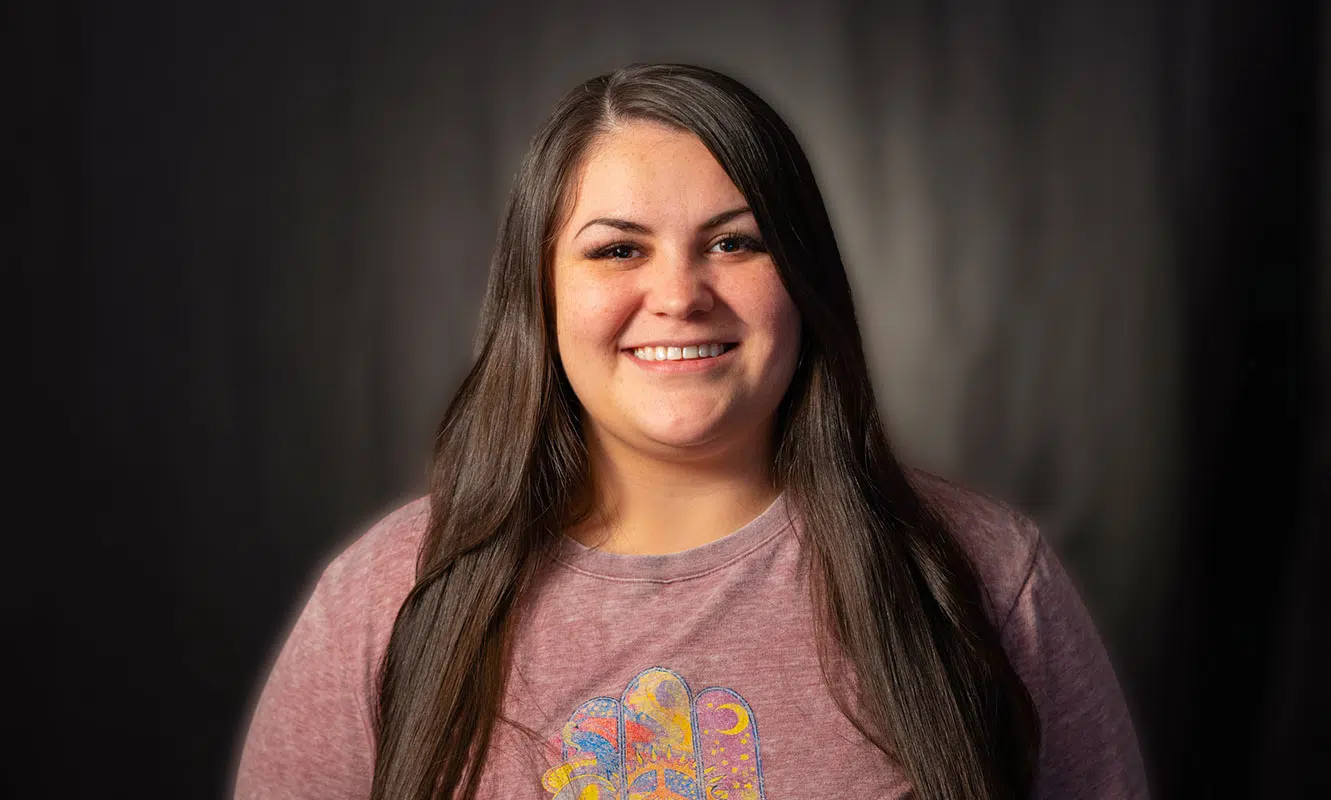
Ashley Pimlott
Host of Good Medicine
What does truth and reconciliation mean to you? As someone who grew up removed from my culture due to the impacts of colonization, discrimination, and the attempted genocide of an entire race, to me, truth and reconciliation means reclaiming the knowledge, traditions, and culture of my ancestors.
It’s about making safe spaces for honest conversation and creating hope for future generations.
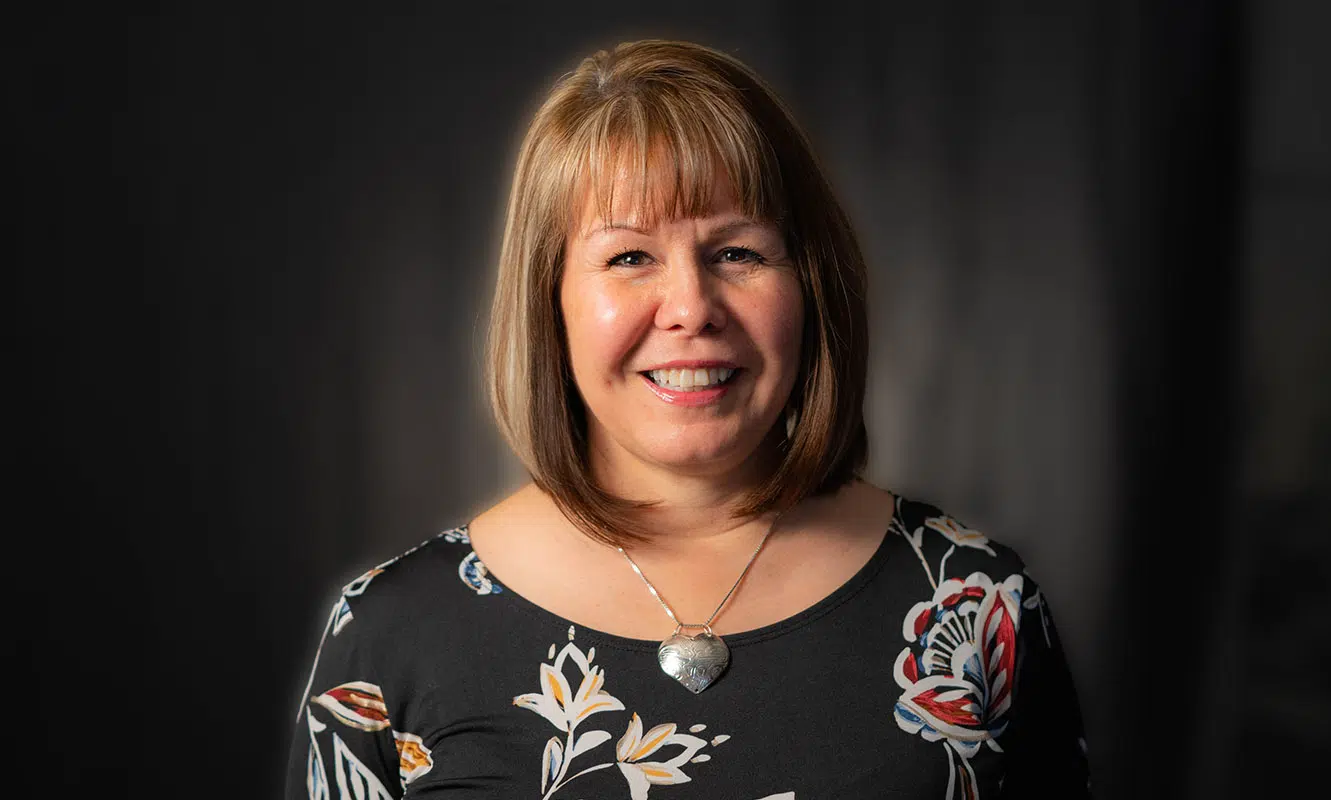
Carol Ann Roberts
My name is Tahcutchuma, which means Mother of Frog in Tahltan. My English name is Carol Ann Roberts. I am a strong and resilient woman from the Tahltan Northern and Southern Tishoni and Tlingit First Nation. My parental grandmother and father were survivors of the Whitehorse Baptist Residential School and my mother attended day school in Whitehorse, Yukon.
Truth and reconciliation is a very important topic to our society as it addresses the historical injustice. Systematic discrimination and cultural genocide experienced by our people across North America are known as Turtle Island. We need to educate all people in society to help heal intergenerational wounds and create a brighter future for our children.
I will be acknowledging September 30th as a day of recognizing truth and reconciliation, and I hope you will as well. Madu, Mussi Cho, and Gunalcheesh, which means thank you in my languages of Tahltan, Northern and Southern Tutchone, and Tlingit.
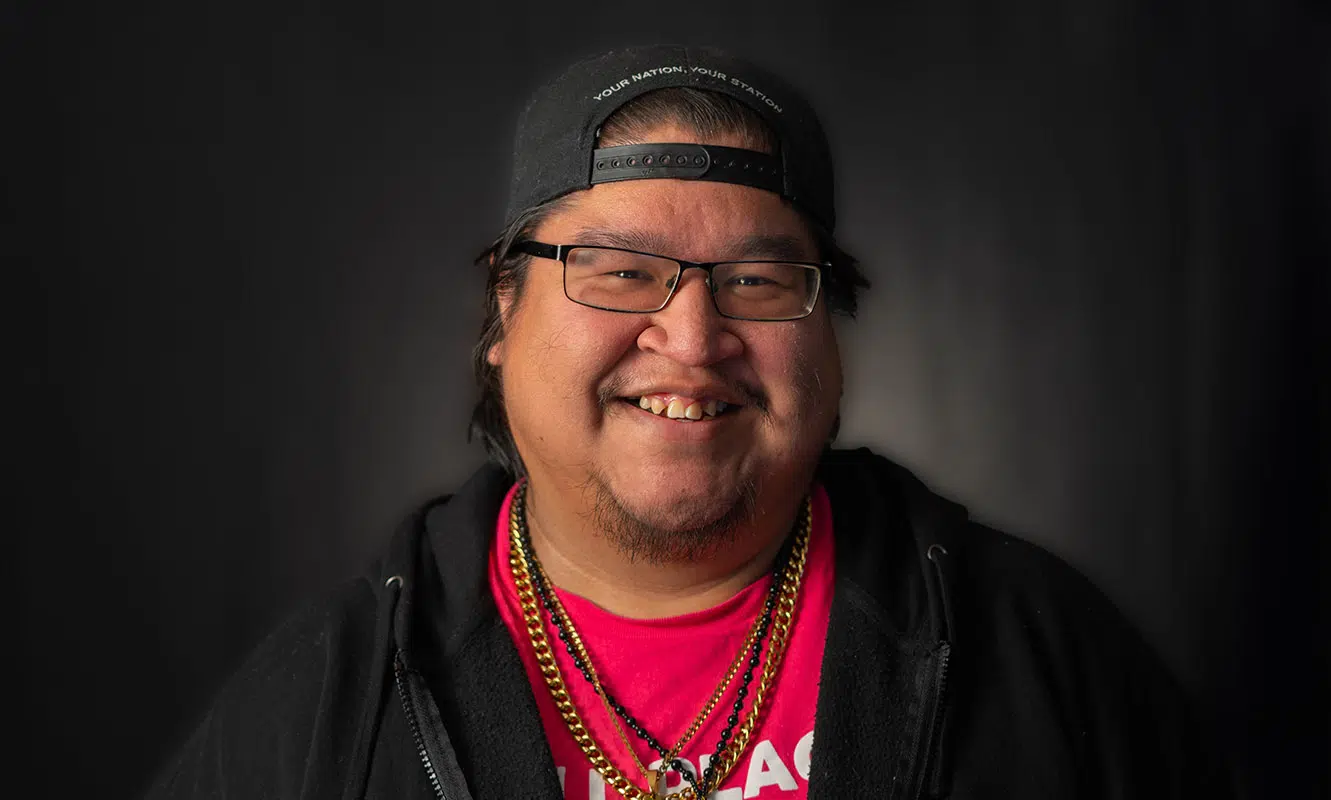
The Chad
On-Air Host
My name is Chad Wells. I’m a Tsimshian man from the Gitselasu First Nations. My cultural name is Gi Gyaxgim Nelx. Which means Floating Killer Whale. Truth and reconciliation is an emotional day for me as my dad went to residential school. So my language wasn’t spoken at all in our home, but my parents continue to make strong efforts in revitalizing our culture even today.
I am proud to say my children attend ‘Na Aksa Gyilak’yoo school in Kitsumkalum, where they are taught our culture and language every single day. They also learn to speak and sing in Symalgyx. Hearing my dad say to us, and my kids, you are living our dream. Look at you go! means the world to me. People of my generation are proudly decolonizing the world we live in to bring respect and prosperity to all.
It brings me some reconciliation in the truth being told to the world. loomsk , respect to all.

Char Normandeau
Program Director & On-Air Host
My name’s Char Normandeau, and to me, Orange Shirt Day is a day to reflect on the many victims of residential school. The children who were stolen from their families and were never able to come home. How that must have felt, being a parent, to be threatened with arrest if you didn’t comply, and let the authorities take your kids.
As a host of Journeys, I spoke with survivors who told me about being hit by the nuns when they even dared to speak their own language. Those people were seven years old at the time. They told me about not being able to even comfort one another when one would cry because they were scared they’d be beaten by the sisters if they were seen showing each other compassion.
This is what I think of when I think of truth and reconciliation. And I think about how lucky I am to be here today. Thank you to my great, great grandma, who was a Metlakatla residential school survivor.
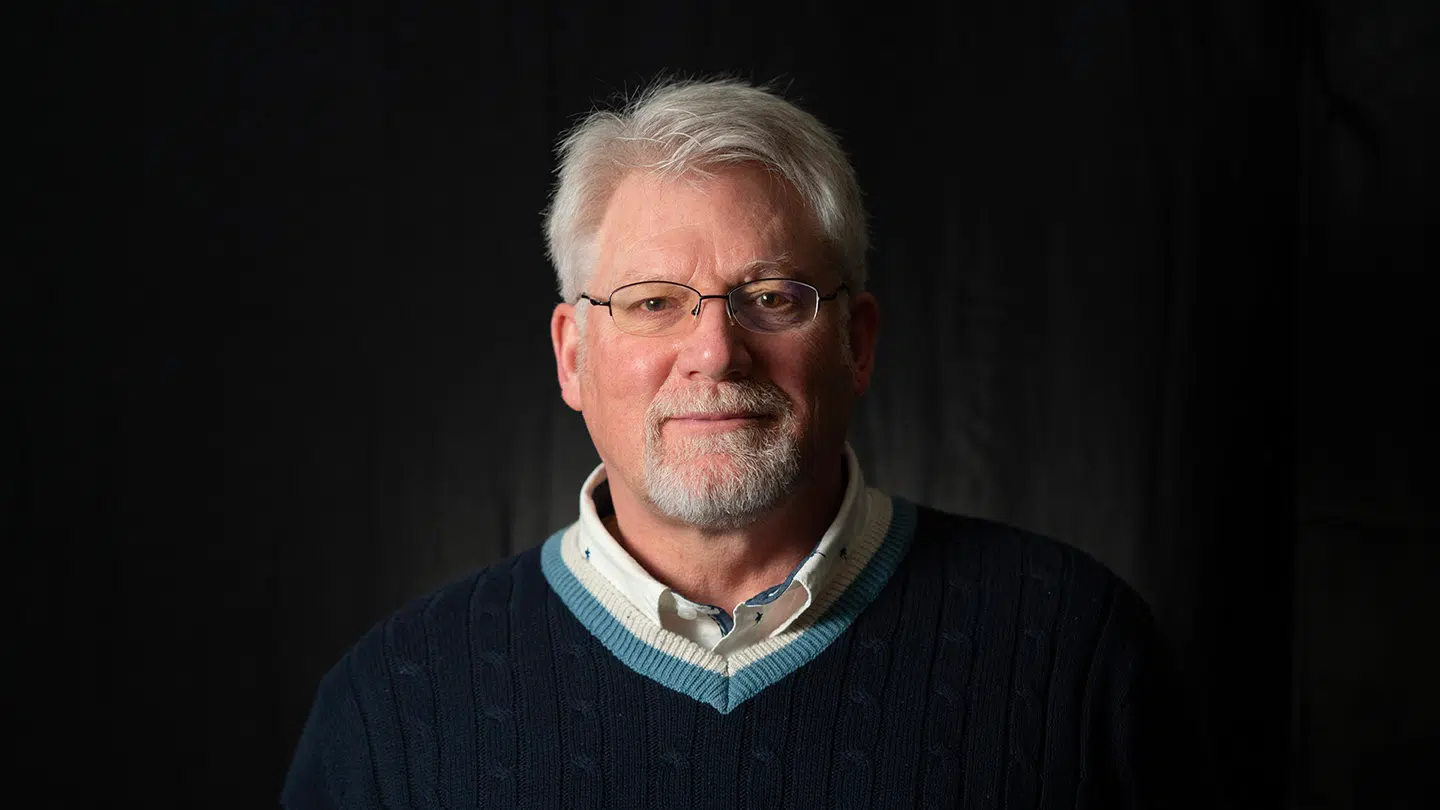
Craig Ellis
General Manager
Most of us cannot even begin to imagine the trauma and tragedy of having our children forcibly taken before our very eyes for the purpose of indoctrination, under the guise of education. If the past has taught us anything, it’s that a truly progressive society has no business dictating outcomes for its most vulnerable or marginalized citizens.
I’m Craig Ellis, General Manager for Northern Native Broadcasting, and as a non -Indigenous person, to me, this day means acknowledging a tragedy that should never have occurred, and must never occur again. It means recognizing and celebrating a beautiful culture and traditional wisdom that is resilient and enduring.
And it means a chance to continue the dialogue of healing and reconciliation and being an active participant, not just an idle spectator this day and every day.
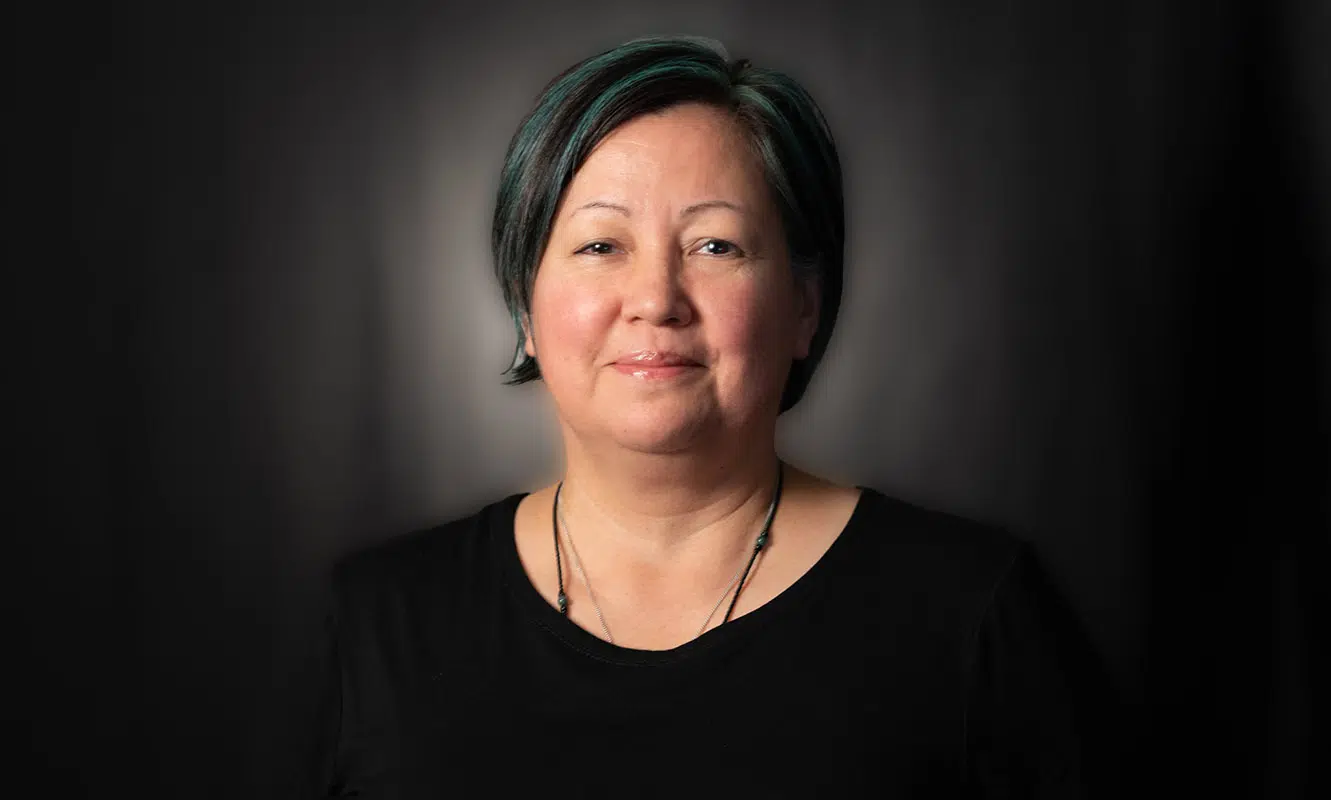
Jeanette Spalding
Account Executive
Hi, I’m Jeanette. I understand that National Truth and Reconciliation Day can bring a wide range of emotions. It’s a time to remember the pain and suffering that our ancestors endured, which can be a heavy burden to bear. At the same time, it’s heartwarming to see the positive impact that the message of truth and reconciliation has had on people all across the country.
It’s encouraging to see that progress is being made. And that there are individuals and organizations who are actively working towards healing and building stronger relationships with First Nations communities. This day serves as a reminder that we can move forward towards a better future, one that’s built on empathy, understanding, and unity.
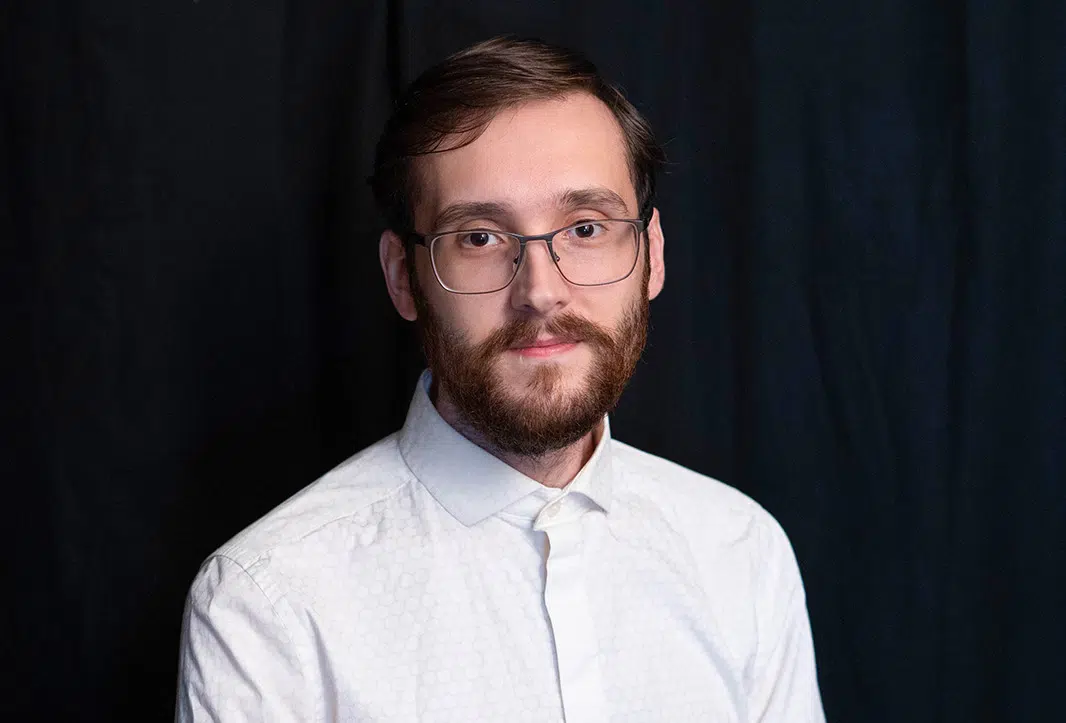
Jeff Blagden
News Director & Reporter
I’m Jeff Blagden, a news reporter here at CFNR. As someone who does not come from an indigenous background, Truth and Reconciliation Day offers me an opportunity to learn about and engross myself in the cultures and traditions of those whose lands I live on. I encourage others in the same position as myself to use this opportunity to reflect on and acknowledge the past and ongoing plights and barriers faced by First Nations in this country.
We all have a role to play in reconciliation to ensure a bright and equitable future for all.
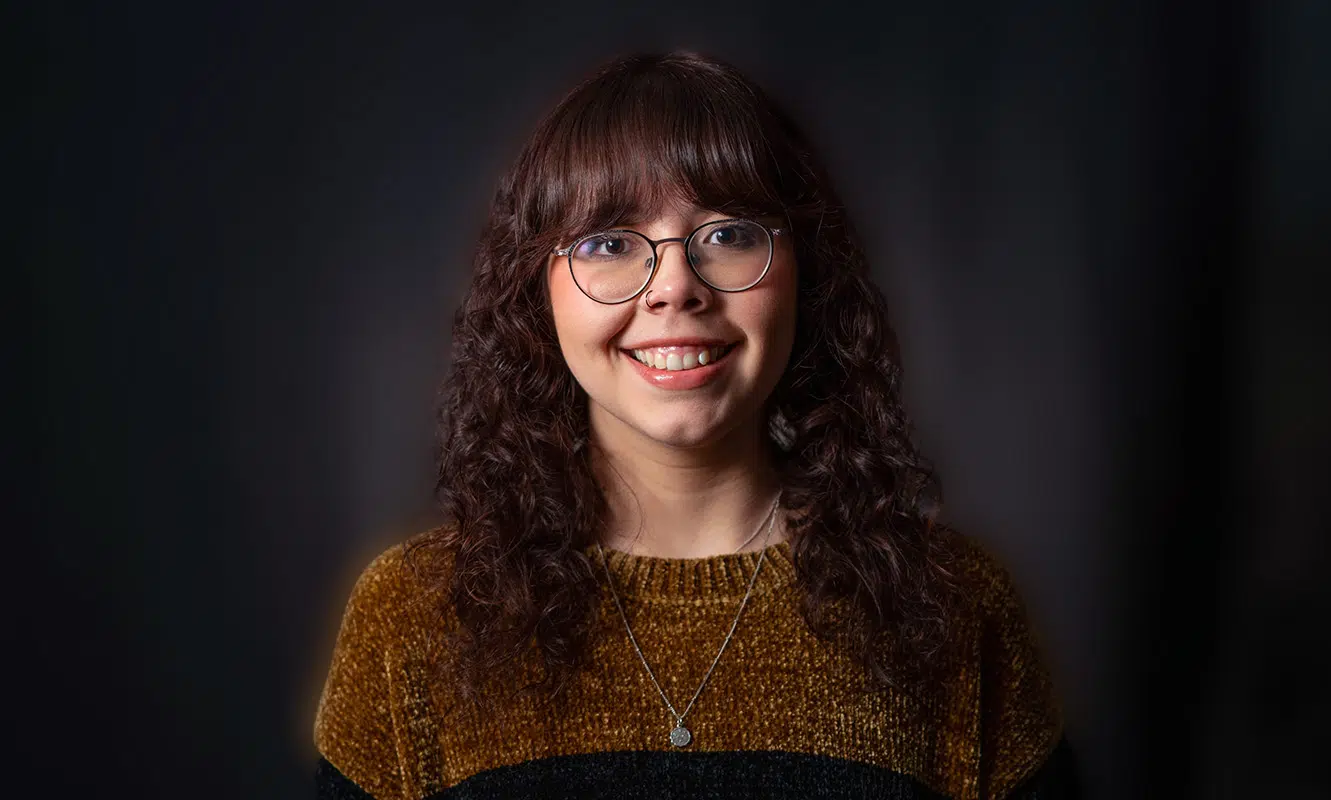
Morgyn Budden
News Reporter
I’m Morgan Budden, a Tsimshian woman, and I feel that Truth and Reconciliation is all about education. Teaching not only younger generations about the history and trauma of Indigenous people, but everyone. And ensuring that education is being held to a high standard. When people can fully comprehend and understand a situation, then they can feel and recognize the continued impacts.
So I encourage everyone to keep listening to and learning from Indigenous voices, not just on Truth and Reconciliation Day.
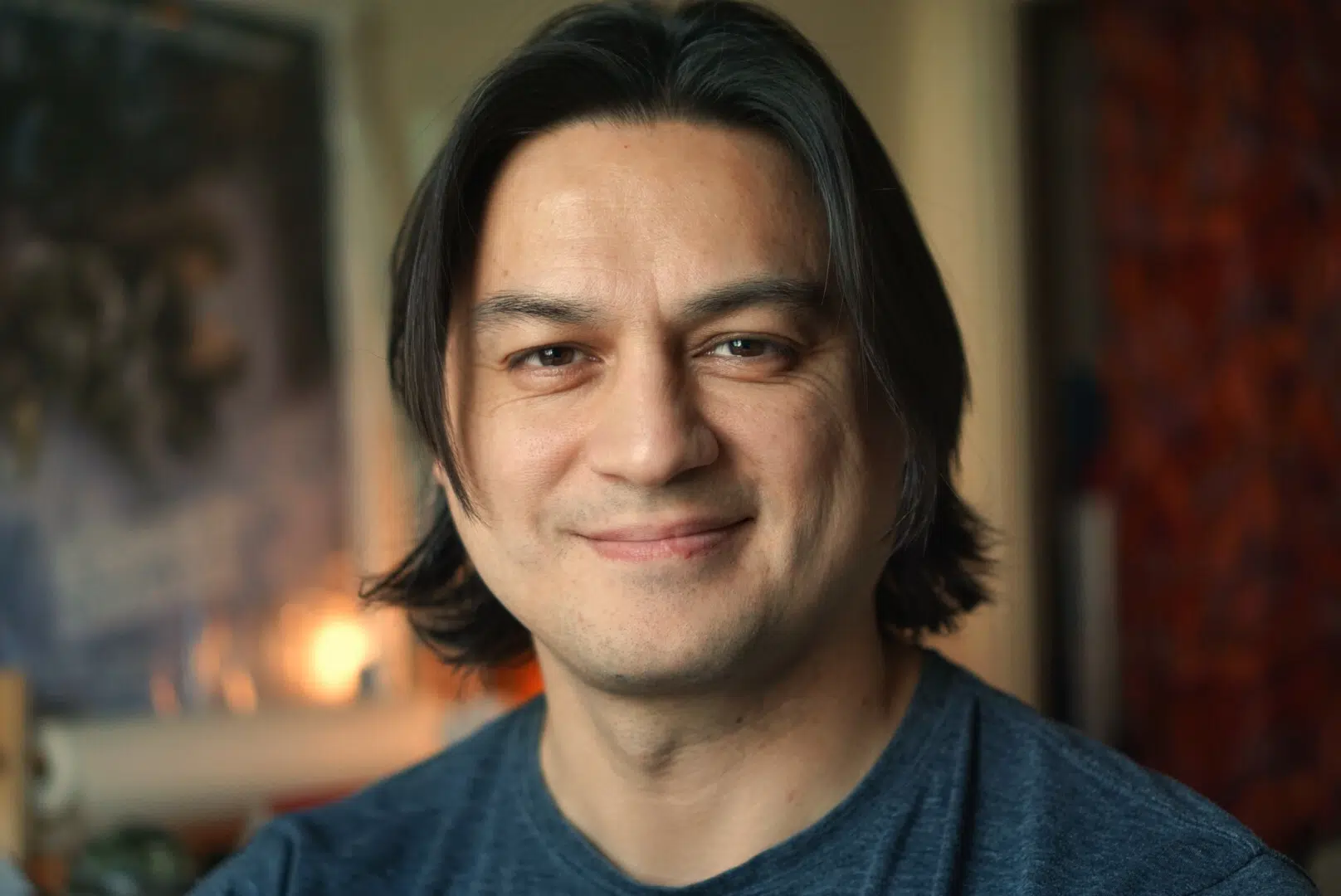
Rob Young
Director of Digital & Content
In my time working here at this great radio station, I’ve had the privilege to witness and share in the amazing beauty and culture of the communities here in Northern BC. It has also offered me the opportunity to get an up close perspective to what has happened, what is happening now.
While a single day marked on the calendar is nice, working at CFNR has offered me continual reflection of what truth and reconciliation can mean for my teammates, friends, and as well as all the new acquaintances I meet yearly at the events I’m honoured to attend as part of the CFNR team.
I would encourage those like myself who are not Indigenous to take the time both today as well as the rest of the year to reflect and take action in a way you feel you can.
But at the very least, really listen, carefully, and start to hear and understand. Together, we can make a difference to help make reconciliation a reality and create meaningful change.
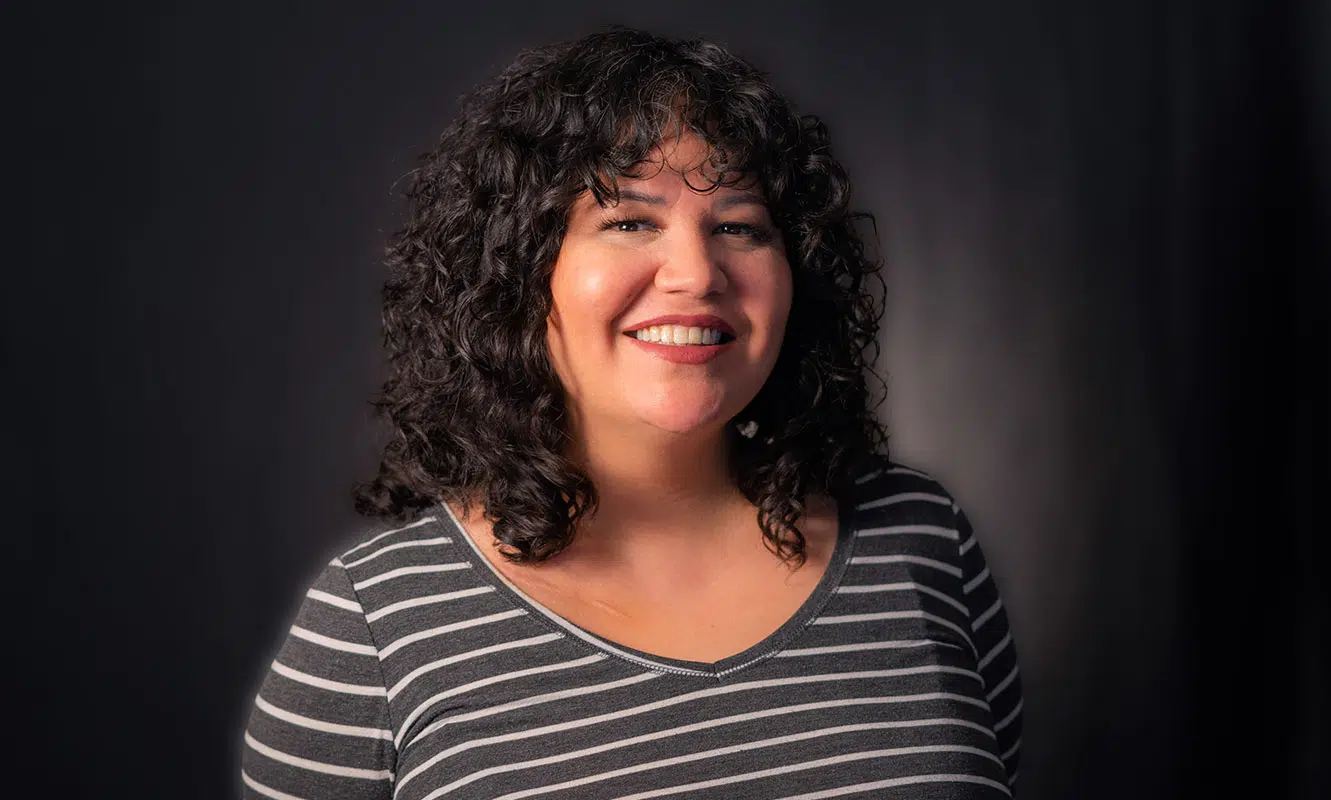
Tania Vance
Account Executive
Hello, my name is Tania Vance from Canada’s First Nations Radio. I am from the Tahltan and Northern Tutchone Nation.
Truth and Reconciliation Day is a meaningful day to me, as my family has been directly affected by the generational trauma that residential schools and colonialization has done in this country. I am only two generations from residential schools, because I am the granddaughter of residential school survivors.
Truth and Reconciliation Day is a time to reflect. There is no reconciliation without acknowledging the truth of what happened to Indigenous people and how that has affected Indigenous people in the coming generations. By learning the true history and acknowledging the wrongs of the past, there can be a deeper understanding, which will create unity and positive change. Medu.
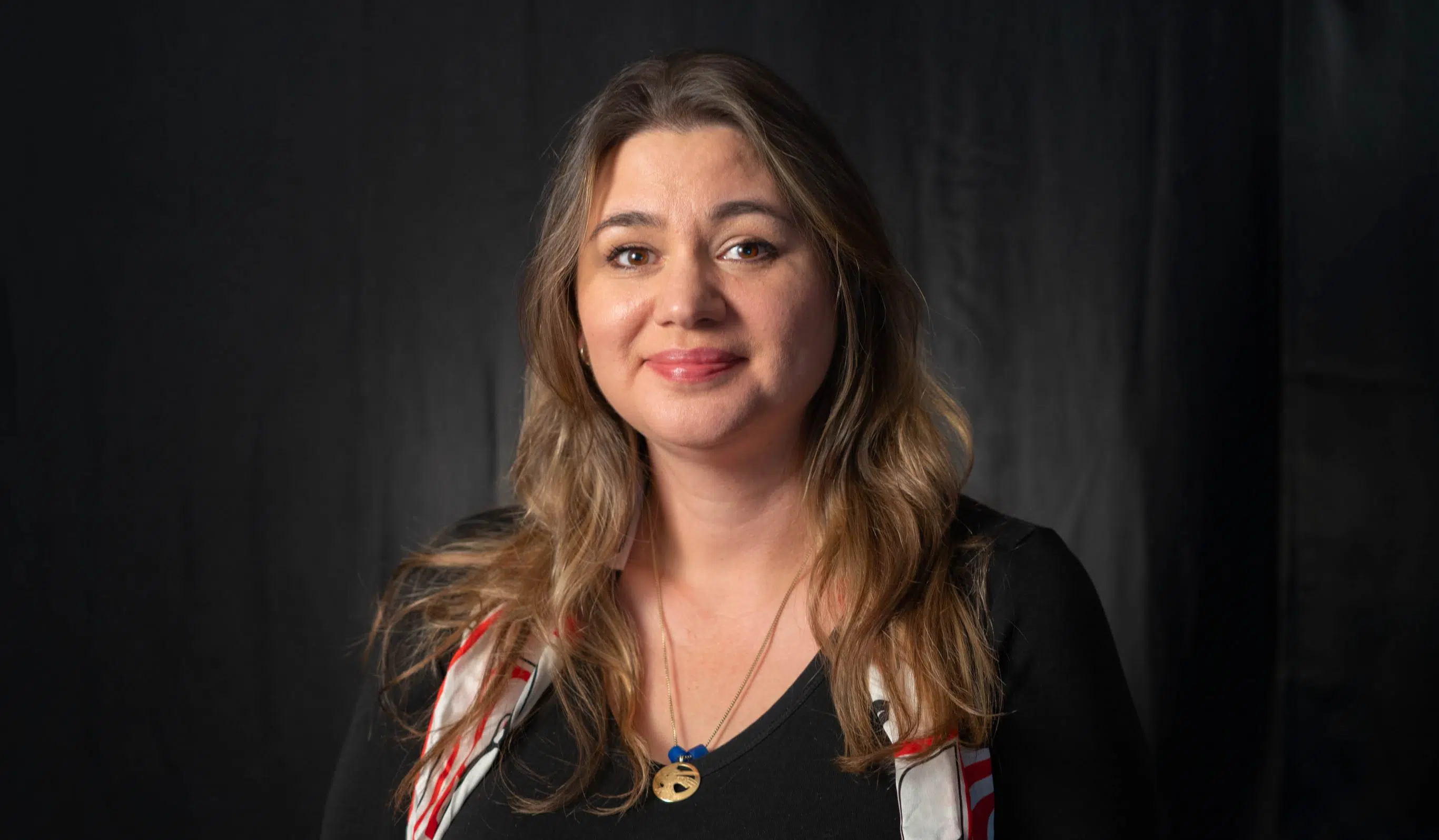
Yulanda Leighton
General Sales Manager
My name is Yulanda Leighton with Canada’s First Nations Radio. I’m a proud Haida, Tsimshian woman, mother, Nunaii, spouse, and auntie. September 30th marks Orange Shirt Day, an occasion to honour the Indigenous children and families who suffered through the painful experiences of the residential school system in Canada.
It is also a time to actively engage in reconciliation practices and work together to create a better future for everyone. Acknowledging our history is an important starting point. As it explains much of the systematic discrimination and puts us all on a path to lasting change. Orange Shirt Day asks us to confront the harsh truth about residential schools and recognize the deep harm caused to generations of Indigenous families.
The last residential school in Canada closed in 1996, but the impacts of this system continue today. Learn the truth, celebrate our resiliency, and work towards meaningful reconciliation.


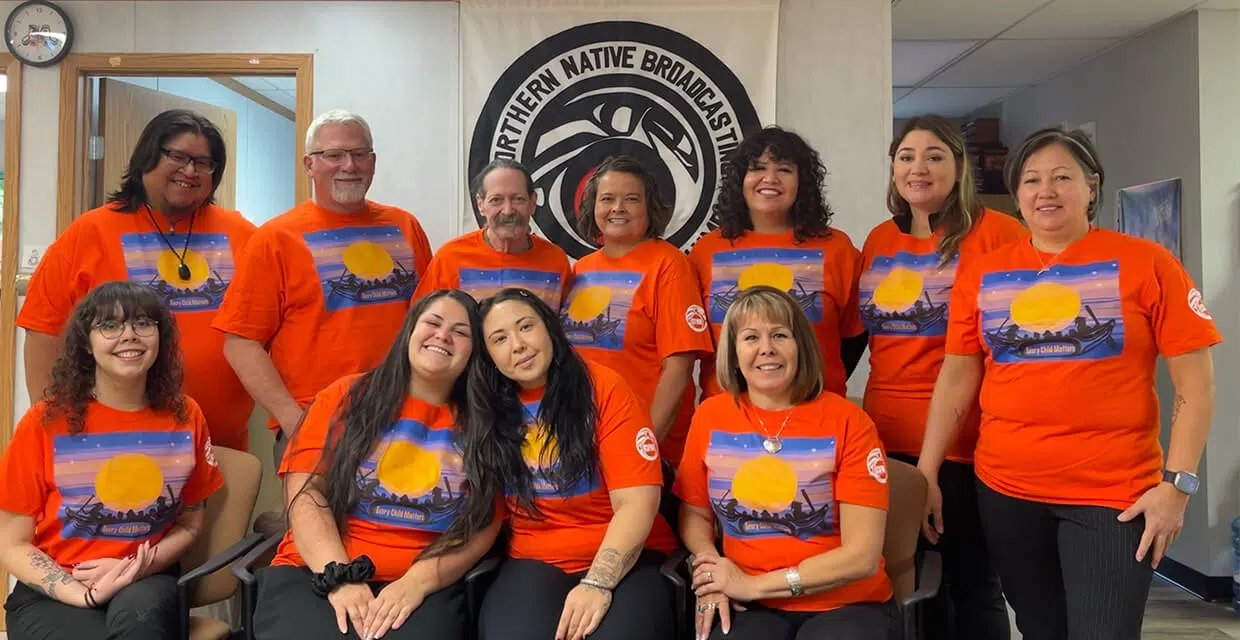

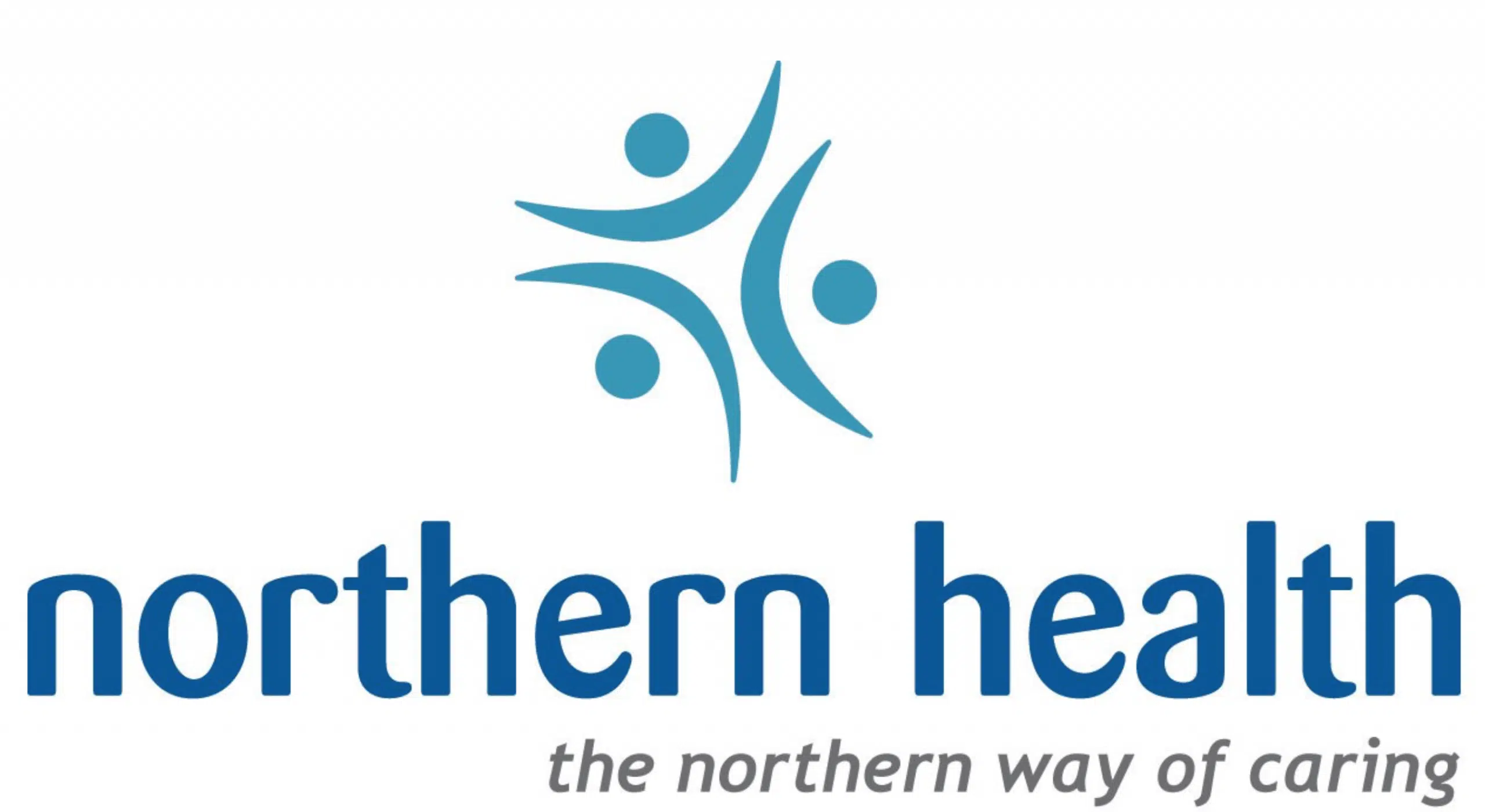

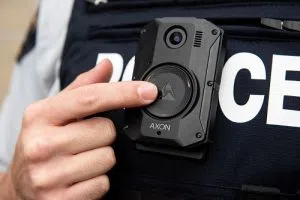
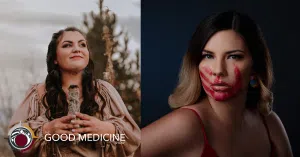
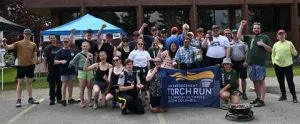
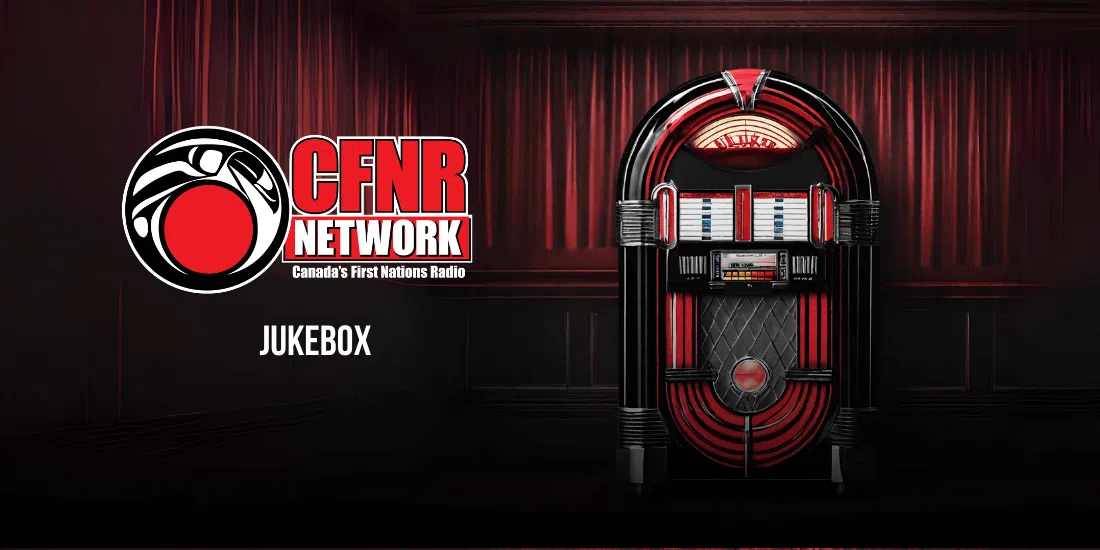
Comments